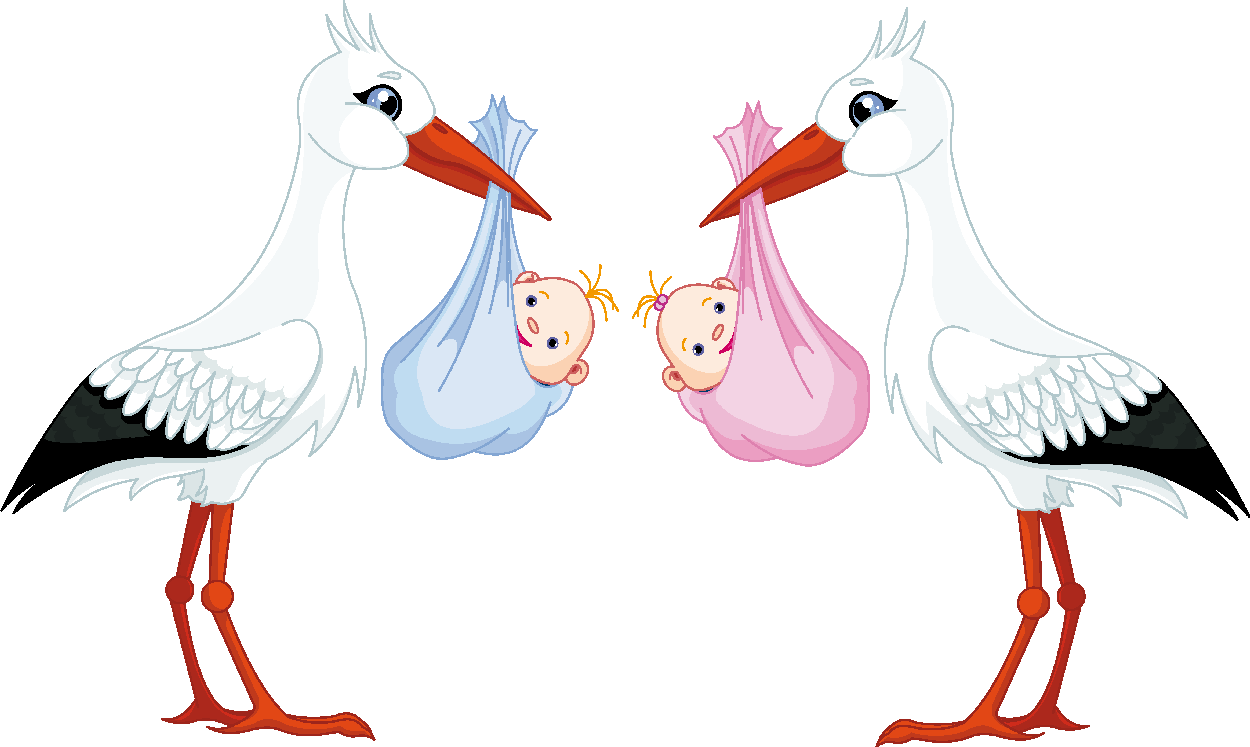Pregnancy is broken into three three-monthly time periods called trimesters. Personally, I like to think that there is a fourth trimester, this being the three months after giving birth which are just as important care-wise as the other three.
Most women feel differently, both physically and mentally, during each trimester. In addition to weight and body shape, other alterations in your body chemistry and function also take place during pregnancy. Your heart works harder, your temperature registers slightly higher, body secretions increase, joints and ligaments are more flexible and hormones are altered.
Mood changes also are common, resulting from a combination of hormonal changes and greater fatigue, as well as normal anxiety over body image, sexuality, finances, partner roles and impending parenthood.
For the vast majority of women, pregnancy follows a fairly routine course, and although there are many symptoms that are a normal part of pregnancy, there are certain danger signs that may indicate problems. You should notify your doctor immediately if you experience any of the following:
- Persistent vomiting
- Chills or fever
- Continuous pain
- Burning with urination
- Blurred vision
- Continuous headache
- Sudden swelling of the hands or face
- Five or more uterine contractions per hour
- Decreased foetal movements
- Leaking of fluid from the vagina (blood or water). If you have vaginal bleeding at any time during your pregnancy, have someone call your doctor immediately.
The Three Trimesters.
Pregnancy has three trimesters, each of which is marked by specific foetal developments. A pregnancy is considered full-term at 40 weeks; infants delivered before the end of week 37 are considered premature. Premature infants may have problems with their growth and development, as well as difficulties in breathing and digesting.
First Trimester (0 to 13 Weeks)...
The first trimester is the most crucial to your baby's development. During this period, your baby's body structure and organ systems develop. Most miscarriages and birth defects occur during this period.
Your body also undergoes major changes during the first trimester. These changes often cause a variety of symptoms, including nausea, fatigue, breast tenderness and frequent urination. Although these are common pregnancy symptoms, every woman has a different experience. For example, while some may experience an increased energy level during this period, others may feel very tired and emotional.
Second Trimester (14 to 26 Weeks)...
The second trimester of pregnancy is often called the "golden period" because many of the unpleasant effects of early pregnancy disappear. During the second trimester, you're likely to experience decreased nausea, better sleep patterns and an increased energy level. However, you may experience a whole new set of symptoms, such as back pain, abdominal pain, leg cramps, constipation and heartburn.
Somewhere between 16 weeks and 20 weeks, you may feel your baby's first fluttering movements.
Third Trimester (27 to 40 Weeks)...
You have now reached your final stretch of pregnancy and are probably very excited and anxious for the birth of your baby. Some of the physical symptoms you may experience during this period include shortness of breath, haemorrhoids, urinary incontinence, varicose veins and sleeping problems. Many of these symptoms arise from the increase in the size of your uterus, which expands from approximately 2 ounces before pregnancy to 2.5 pounds at the time of birth.
Fourth Trimester (41 to 53 Weeks)...
.
The Doncaster Doula : 2018/2023.


